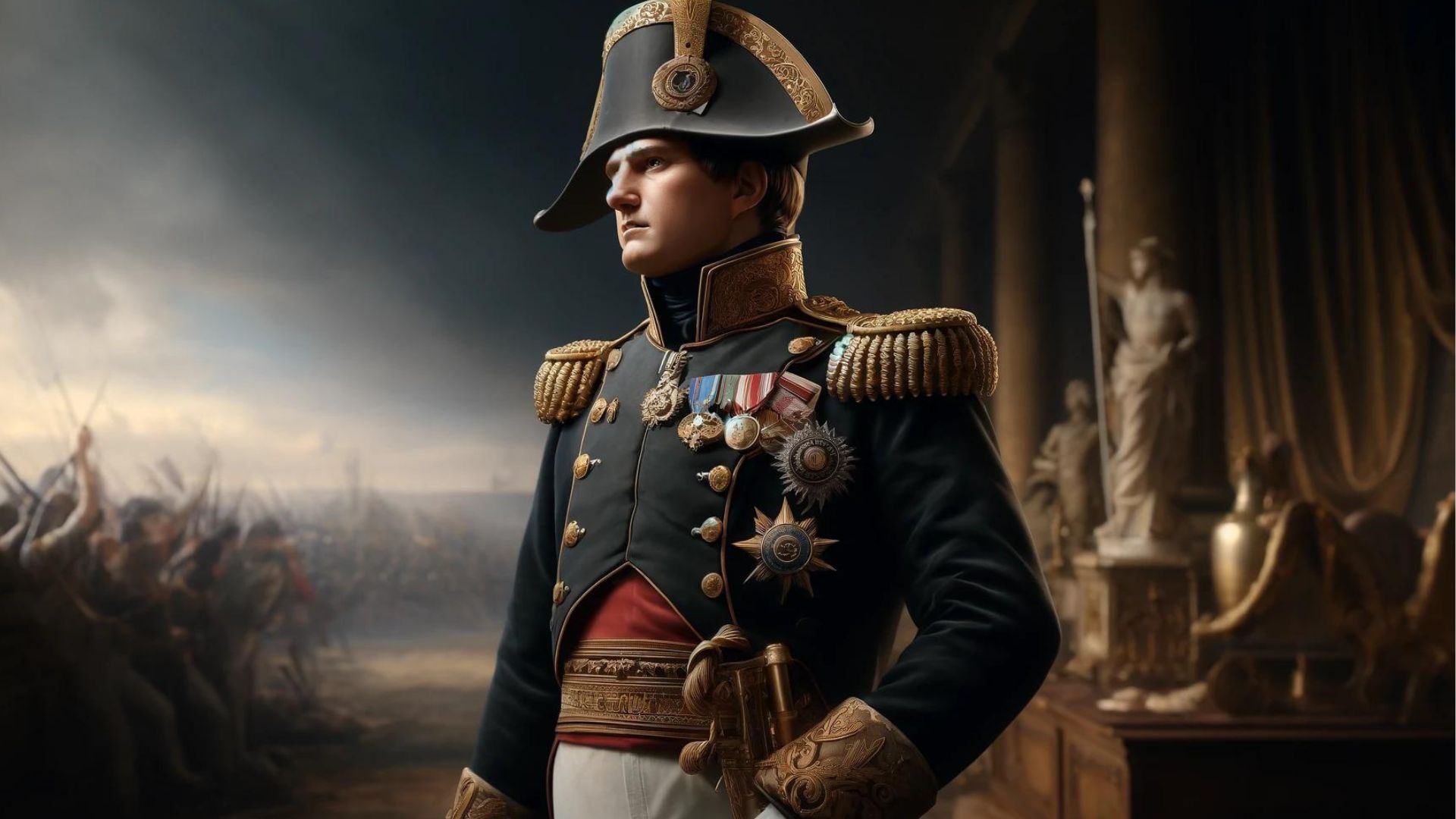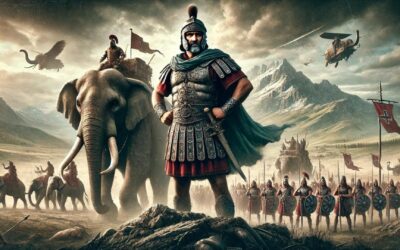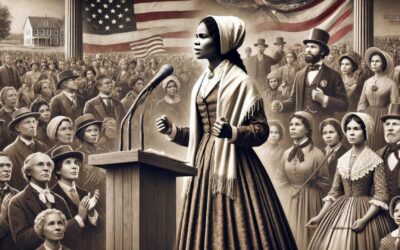Napoleon Bonaparte remains one of history’s most compelling figures. Known for his military genius and political acumen, he left an indelible mark on the world. This article explores his life, why he became famous, his greatest achievements, and his lasting influence on history and modern society.
Early Life and Rise to Power
Napoleon Bonaparte was born on August 15, 1769, in Ajaccio, Corsica, a French island. His family was of minor nobility, and he was sent to mainland France for his education. Showing early promise, he attended military school in Brienne-le-Château and then the prestigious École Militaire in Paris, where he trained as an artillery officer.
Napoleon’s rise to prominence began during the French Revolution, a period of political and social upheaval in France. He quickly distinguished himself through his military prowess and strategic brilliance. By 1796, at the age of 26, he was appointed commander of the French Army in Italy, where he led successful campaigns that bolstered his reputation.
Military Achievements
Napoleon’s military achievements are numerous and remarkable. Some of his most notable include:
- Italian Campaign (1796-1797): Napoleon’s campaign in Italy was a series of rapid victories against the Austrian and Sardinian armies. His innovative tactics and aggressive strategies reshaped European warfare.
- Egyptian Campaign (1798-1801): Although ultimately unsuccessful, Napoleon’s campaign in Egypt demonstrated his ambition and strategic thinking. It also led to the discovery of the Rosetta Stone, which was crucial in deciphering Egyptian hieroglyphs.
- Coup of 18 Brumaire (1799): Napoleon’s seizure of power in a coup d’état marked the end of the French Revolution and the beginning of his rule. He established the Consulate and later declared himself Emperor of the French in 1804.
- Napoleonic Wars (1803-1815): During these wars, Napoleon’s military genius was on full display. He achieved significant victories at battles such as Austerlitz (1805), Jena-Auerstedt (1806), and Wagram (1809). His strategies and tactics during these campaigns are still studied in military academies worldwide.
Political and Social Reforms
Beyond his military prowess, Napoleon made significant contributions to the political and social landscape of Europe:
- Napoleonic Code: One of his most enduring legacies is the Napoleonic Code, or Civil Code of 1804. It laid the foundation for modern legal systems in many countries, emphasizing equality before the law, secular authority, and the protection of property rights.
- Educational Reforms: Napoleon reformed the French educational system, establishing lycees and universities that promoted merit-based education and produced a well-trained bureaucracy.
- Administrative Reforms: He centralized the French administration, creating a more efficient and standardized government structure. His reforms in finance, infrastructure, and public works helped stabilize France after years of revolution and war.
Downfall and Exile
Despite his brilliance, Napoleon’s ambition led to his downfall. The disastrous invasion of Russia in 1812 severely weakened his army. Subsequent defeats by the Sixth Coalition culminated in his abdication in 1814. He was exiled to the island of Elba but escaped and returned to power for a brief period known as the Hundred Days. After his final defeat at the Battle of Waterloo in 1815, he was exiled to the remote island of Saint Helena, where he died in 1821.
Influence and Legacy
Napoleon Bonaparte’s influence extends far beyond his lifetime. His military strategies and organizational reforms have left a lasting impact on the world:
- Military Strategy: Napoleon’s strategies, such as the use of mass conscription and the corps system, revolutionized military organization and tactics. His emphasis on mobility, decisive action, and the element of surprise remains central to modern military doctrine.
- Legal Systems: The Napoleonic Code influenced legal systems worldwide, promoting principles of civil law that are still in use today in Europe, Latin America, and parts of Africa and Asia.
- Nationalism: Napoleon’s conquests spread ideas of nationalism and self-determination, which contributed to the unification movements in Germany and Italy and the independence movements in Latin America.
- Cultural Impact: Napoleon has been a subject of countless books, movies, and artworks, symbolizing the complexity of leadership, the pursuit of greatness, and the consequences of unchecked ambition.
Napoleon Bonaparte was a military and political titan whose actions shaped the course of history. His remarkable achievements, from battlefield victories to profound legal reforms, highlight his multifaceted genius. Despite his eventual downfall, Napoleon’s legacy endures, influencing modern military strategy, legal systems, and national identities. His life story remains a testament to the power of ambition, intellect, and the complexities of human leadership.












0 Comments